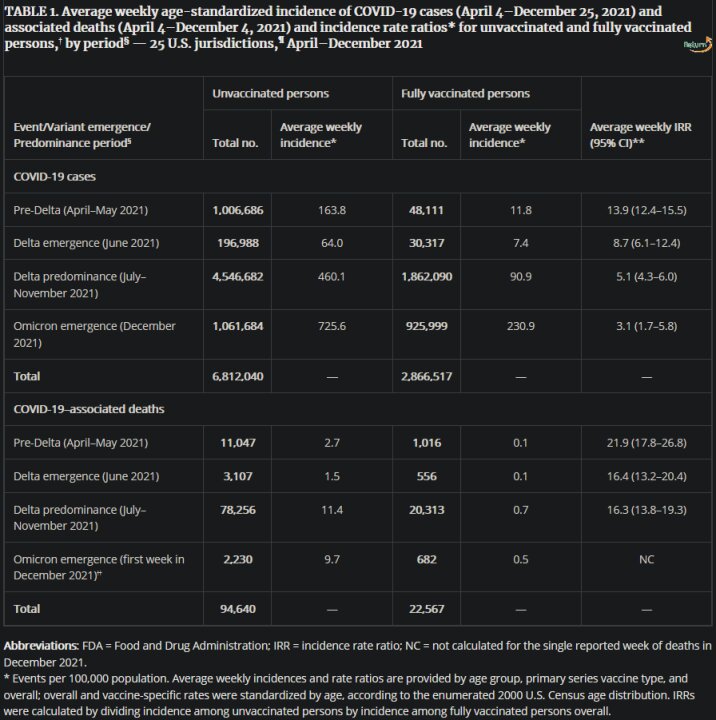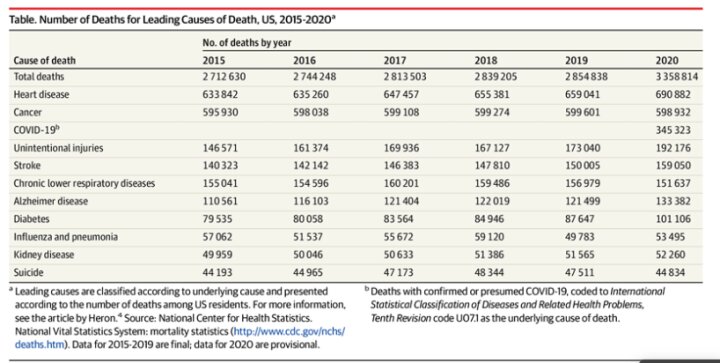An epidemic of uncertainty: rumors, conspiracy theories and vaccine hesitancy
from Nature Medicine, published 10 March 2022
https://www.nature.com/articles/s41591-022-01728-z
"The COVID-19 ‘infodemic’ continues to undermine trust in vaccination efforts aiming to bring an end to the pandemic. However, the challenge of vaccine hesitancy is not only a problem of the information ecosystem and it often has little to do with the vaccines themselves. In this Perspective, we argue that the epidemiological and social crises brought about by COVID-19 have magnified widely held social anxieties and trust issues that, in the unique circumstances of this global pandemic, have exacerbated skepticism toward vaccines. We argue that trust is key to overcoming vaccine hesitancy, especially in a context of widespread social uncertainty brought about by the pandemic, where public sentiment can be volatile. Finally, we draw out some implications of our argument for strategies to build vaccine confidence.
"It has now been 2 years since the World Health Organization (WHO) declared that, alongside the COVID-19 pandemic, it was also fighting an ‘infodemic’ — an “overabundance of information, both online and offline”1. One index of the scale of this infodemic was that during April 2020, Twitter reported seeing a COVID-19-related tweet every 45 milliseconds2. The huge cascade of viral misinformation that has formed part of the COVID-19 infodemic has included conspiracy theories about the origins of the virus as well as suspicions around the motives behind government COVID-19 control measures. In this Perspective, we discuss the new digital communications landscape in relation to vaccines, emphasizing the role of trust in overcoming hesitancy and building vaccine confidence beyond the current pandemic.
https://www.nature.com/articles/s41591-022-01728-z
"The COVID-19 ‘infodemic’ continues to undermine trust in vaccination efforts aiming to bring an end to the pandemic. However, the challenge of vaccine hesitancy is not only a problem of the information ecosystem and it often has little to do with the vaccines themselves. In this Perspective, we argue that the epidemiological and social crises brought about by COVID-19 have magnified widely held social anxieties and trust issues that, in the unique circumstances of this global pandemic, have exacerbated skepticism toward vaccines. We argue that trust is key to overcoming vaccine hesitancy, especially in a context of widespread social uncertainty brought about by the pandemic, where public sentiment can be volatile. Finally, we draw out some implications of our argument for strategies to build vaccine confidence.
"It has now been 2 years since the World Health Organization (WHO) declared that, alongside the COVID-19 pandemic, it was also fighting an ‘infodemic’ — an “overabundance of information, both online and offline”1. One index of the scale of this infodemic was that during April 2020, Twitter reported seeing a COVID-19-related tweet every 45 milliseconds2. The huge cascade of viral misinformation that has formed part of the COVID-19 infodemic has included conspiracy theories about the origins of the virus as well as suspicions around the motives behind government COVID-19 control measures. In this Perspective, we discuss the new digital communications landscape in relation to vaccines, emphasizing the role of trust in overcoming hesitancy and building vaccine confidence beyond the current pandemic.








